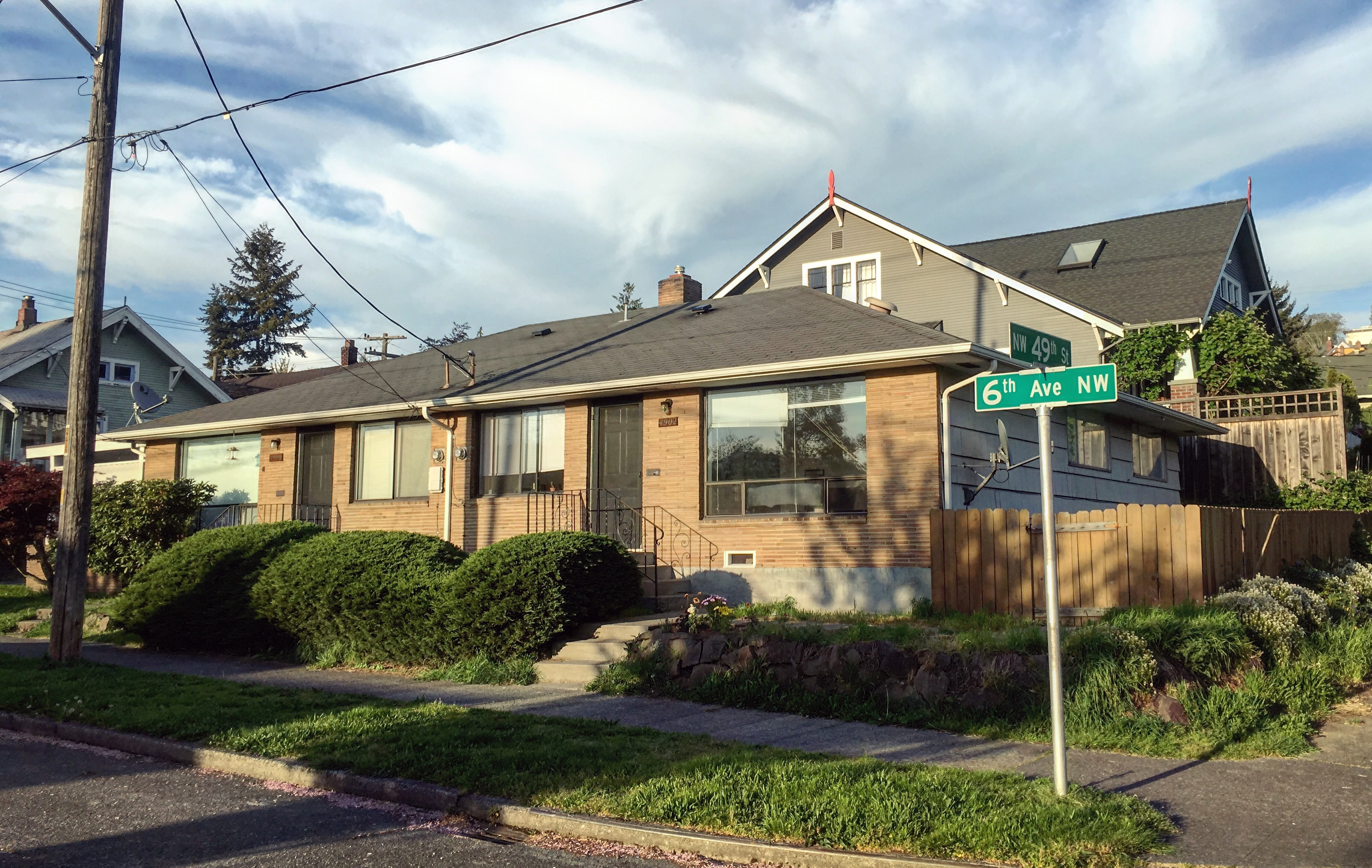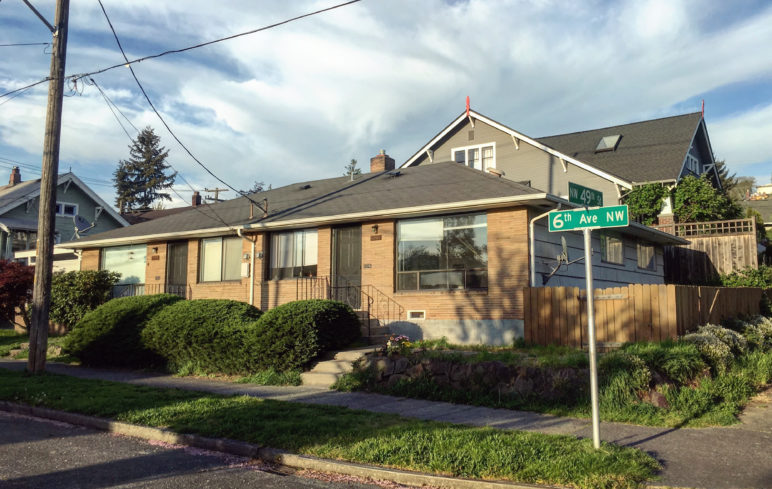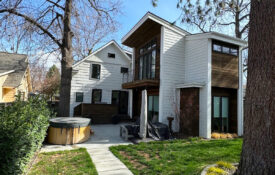Vancouver’s vote comes one week after Portland’s planning commission recommended that the city allow up to three homes per building citywide.
Three years after Seattle became one of the first modern cities to float a proposal to re-legalize duplexes citywide, its northern neighbor Vancouver has actually implemented that change. On Wednesday night, Vancouver’s council voted 7-4 to allow buildings that include two full-size homes instead of just one in virtually all of its single-family neighborhoods.
As reported by the Vancouver Sun, this change to the low-density lots that cover half the city is the first step in the city’s “Making Room” housing reform package that is the work of its local Vision Vancouver party:
Vision’s Kerry Jang said the rezoning was designed to give people options. For example, people could split their home to make room for adult children, who can’t afford to live in Vancouver now.
“Our job as a city government is to provide as many options as possible so people can choose.”
Vision’s Raymond Louie called it “gentle densification.”
And Mayor Gregor Robertson said he supported the rezoning as a minor start to dealing with the terrible unaffordability.
“This is not a silver bullet; it is an important first step,” he said. “We’re going to take a lot more action in the years to come.”
“We have to deal with the fact that more than half of the City’s land base is zoned exclusively for single family homes – homes that are out of reach for the overwhelming majority of residents.”
As my colleague Dan Bertolet noted in August when he looked at Vancouver’s plan in detail, the median detached home in Vancouver currently costs Can$2 million (about US$1.5 million).
Without action, prices were poised to get even worse: A University of British Columbia study found that 25 percent of the city’s detached homes would likely be demolished by 2030. Without the duplex re-legalization, virtually all of the new homes built in their place would be larger and even more expensive.
Vancouver’s vote comes one week after Portland’s planning commission recommended that the city allow up to three homes per building citywide. Minneapolis is also navigating a similar reform, Olympia is considering attached homes near transit stops and commercial districts, and Seattle (after scaling back its initial proposal) is considering duplexes around commercial hubs.
As in Seattle and Portland, Vancouver’s proposal uses size caps on all new buildings (no matter how many homes they contain) to stop duplex re-legalization from dramatically boosting demolition rates. (Dan estimated that because of this size cap, Vancouver’s duplex proposal would add about 850 additional homes per year at most.)
The goal, in short, is to ensure that if a demolition does happen, it at least makes Vancouver’s affordability crisis a bit better instead of a bit worse.
Vancouver’s duplex re-legalization is different from Seattle’s and Portland’s in one big way, though: It’s happened with lightning speed. The city council began debating the concept in June; three months later, it’s law.
Cascadia’s other two big cities, meanwhile, have wrapped duplex re-legalization into much more complicated, years-long processes that also create incentives or fees for new below-market housing, among other things. In Vancouver, those finer-grained changes, along with possible rules for re-legalizing triplexes and fourplexes, will be up for debate next year. Will any of them actually happen? No one knows, which has some advocates for duplexes and low-income housing understandably worried.
Vancouver is testing the power of moving quickly, at the risk of its reforms being narrower and less politically durable. Portland and Seattle are testing the power of moving slowly, at the risk of letting their ambitious ideas die on the vine.
In a few years, we’ll be better able to see which approach does the most for the affordability and abundance of housing.
With research support by Sightline Research Associate Nisma Gabobe.










